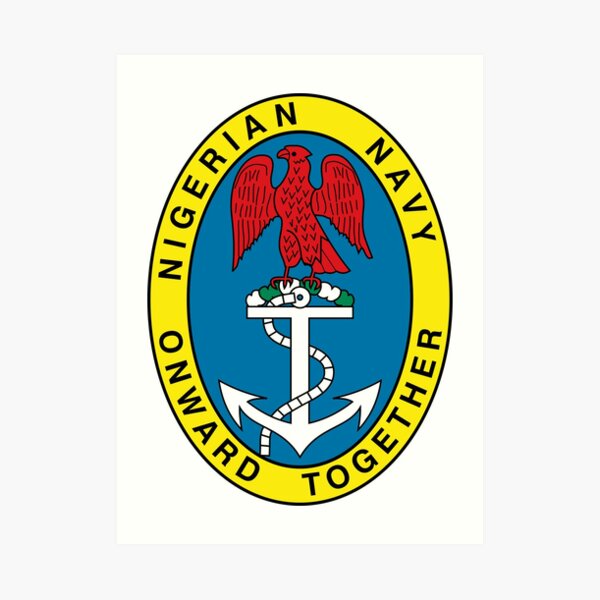The Nigerian Navy acquired 21 new vessels within the last 10 years and arrested 333 vessels between 2015 and 2021 for various infractions, including involvement in piracy, crude oil theft, illegal bunkering, illegal fishing, and infringement on others.
The Flag Officer Commanding Western Naval Command, Rear Admiral Gregory Oamen, disclosed this on Wednesday in Lagos while speaking at the 3rd MARAN Annual Lecture MAMAL 2025. The event, which was organised by the Maritime Reporters Association of Nigeria, was themed, “Addressing the burden of war risk insurance on Nigeria’s maritime trade”.
He added that the arrested vessels were handed over to various government agencies. Oamen, who was represented at the event by the Commanding Officer, NNS Thunder, Capt Olanrewaju Oginni, added that apart from the 21 new vessels, more are still under construction.
“Also, within the last 10 years, the Nigerian Navy has acquired 21 new vessels, with more under construction. And this is just to have more ships. In fact, we have more ships now that we don’t have the logistics to put them to sea,” Oamen said.
He stressed that about indigenous shipbuilding, the Nigerian Navy has also made some strides in that regard. “Three vessels have already been built, and then two are already under construction,” he stressed.
He added that there are no adequate logistics to put the vessels on the sea. Oamen emphasised that the continuous presence of Nigerian Navy ships at sea comes at a huge cost, considering the budgetary allocation for the Nigerian Navy and the number of offshore patrol vessels in its inventory.
He reiterated that inadequate logistics limit the operation of the Navy. The Read Admiral highlighted that despite the Federal Government’s gracious intervention and support of various Nigerian Navy operational and capital procurement, “the current funding for the Nigerian Navy is below the threshold needed to sustain a force expected to meet its constitutional responsibilities. So, therefore, the inadequate logistics limit the efforts of the Nigerian Navy conducting its policing operations.”
Oamen mentioned that the Navy has increased its presence at sea and has also established more forward operating bases, adding that the forward operating bases cover the entire stretch of the nation’s coastline.
He, however, pointed out that backwater is one of the problems the Nigerian Navy has. Earlier in his welcome address, the President of MARAN, Mr Godfrey Bivbere, said the gathering was not only to exchange ideas but to confront a pressing challenge that continues to shape the trajectory of the nation’s maritime industry.
“Our goal is clear to explore actionable solutions, foster transparency, and galvanise collective effort toward lifting the war risk designation that has long shadowed our waters,” Bivbere said.















